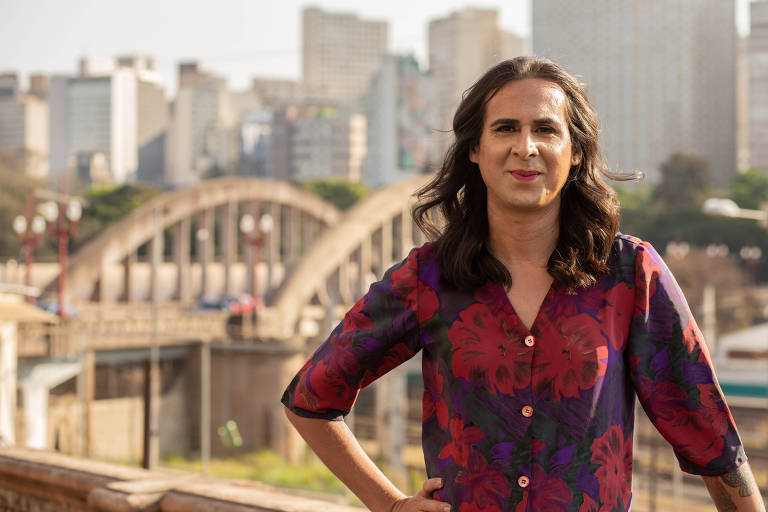Two years after Brazil was swept by a conservative wave that propelled far-right former Army captain Jair Bolsonaro to the presidency, Sunday’s municipal elections were marked by a significant increase in diversity across the board. While the average victorious mayoral candidate remains white married males, Brazil elected the largest number of women, LGBTQI+, black, and multiracial candidates in its history.
Among the marginalized groups that were most successful in Sunday’s vote, much attention has been given to transgender candidates, in what was the first municipal election in which competitors were allowed to register their preferred names on the ballot.
A total of 294 transgender candidates ran for election this year and 25 were elected to city council seats, over three times as many victorious bids in 2016.
Also notable was the political plurality of this year’s transgender candidates. While traditionally belonging to left-wing parties that champion diversity with a more active voice, 2020 saw transgender bids appearing in more conservative groups, such as the right-wing Christian Democracy party.
And not only were there more elected transgender city coucillors, some of them featured among the candidates with the most votes in their respective cities. For instance, in Belo Horizonte — Brazil’s sixth-largest city — school teacher Duda Salabert received more votes than any of her competitors. The same occurred with human rights activist Linda Brasil in Aracaju, the capital of Sergipe state, both...


 Search
Search






































